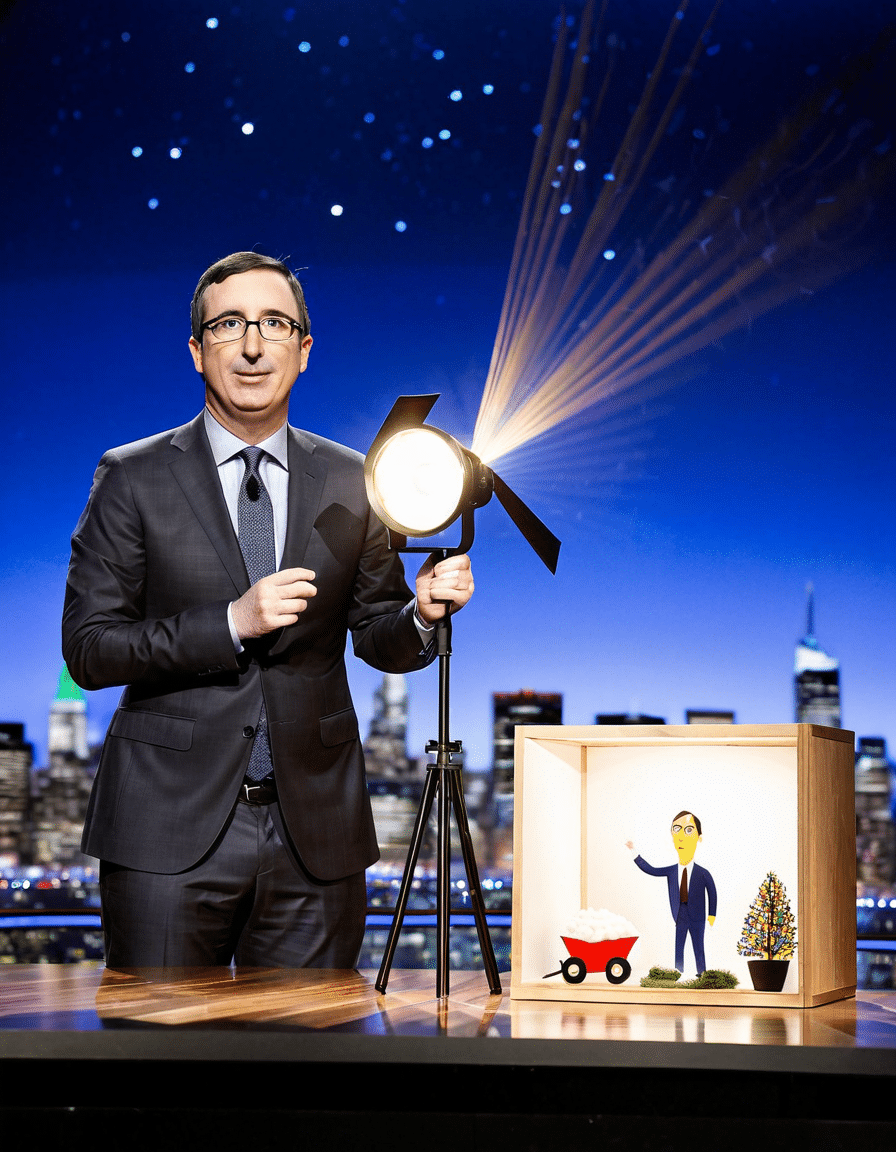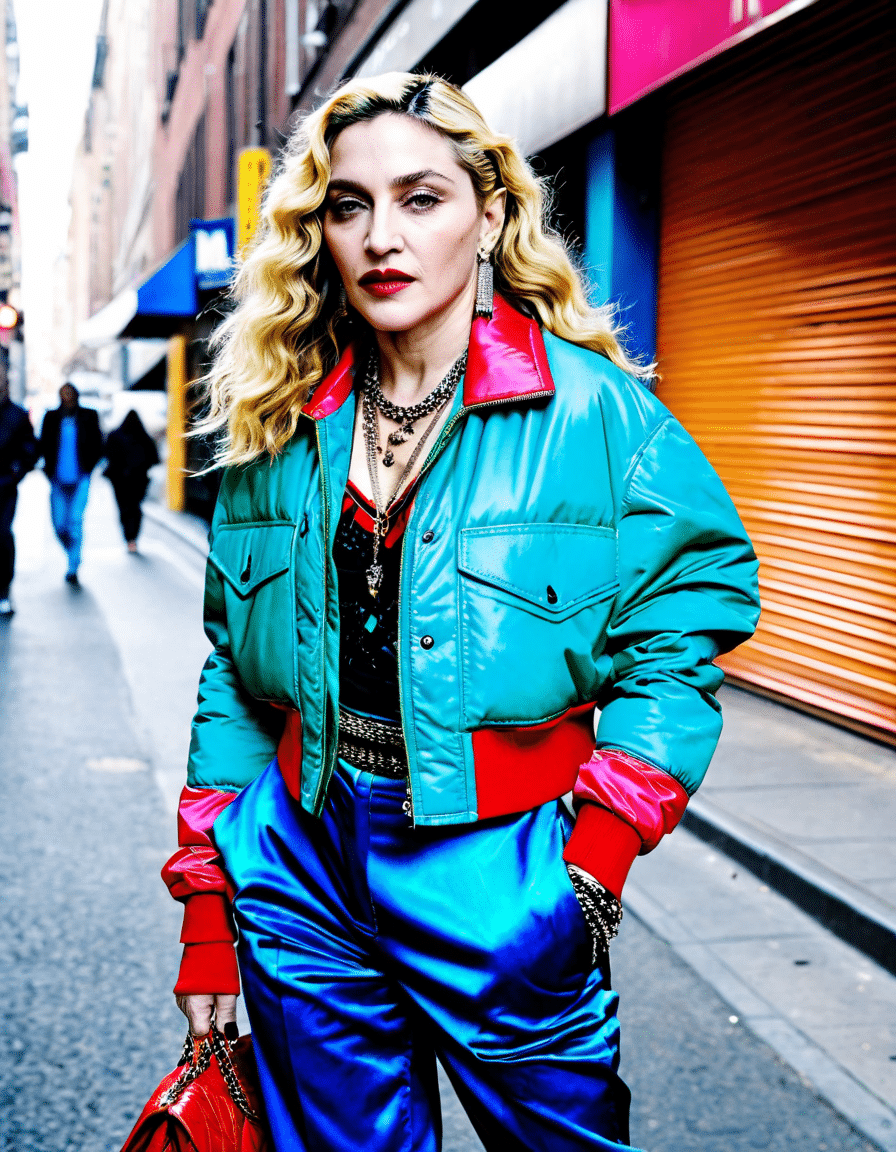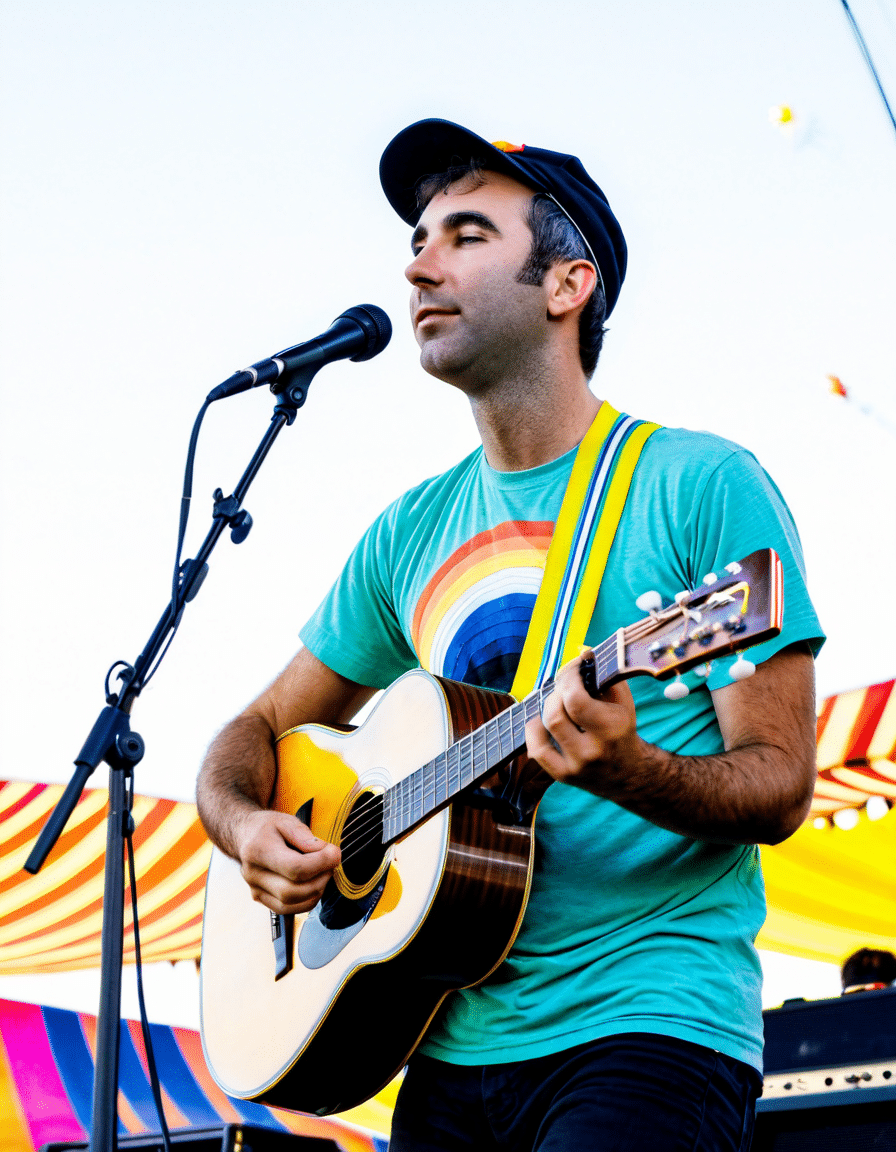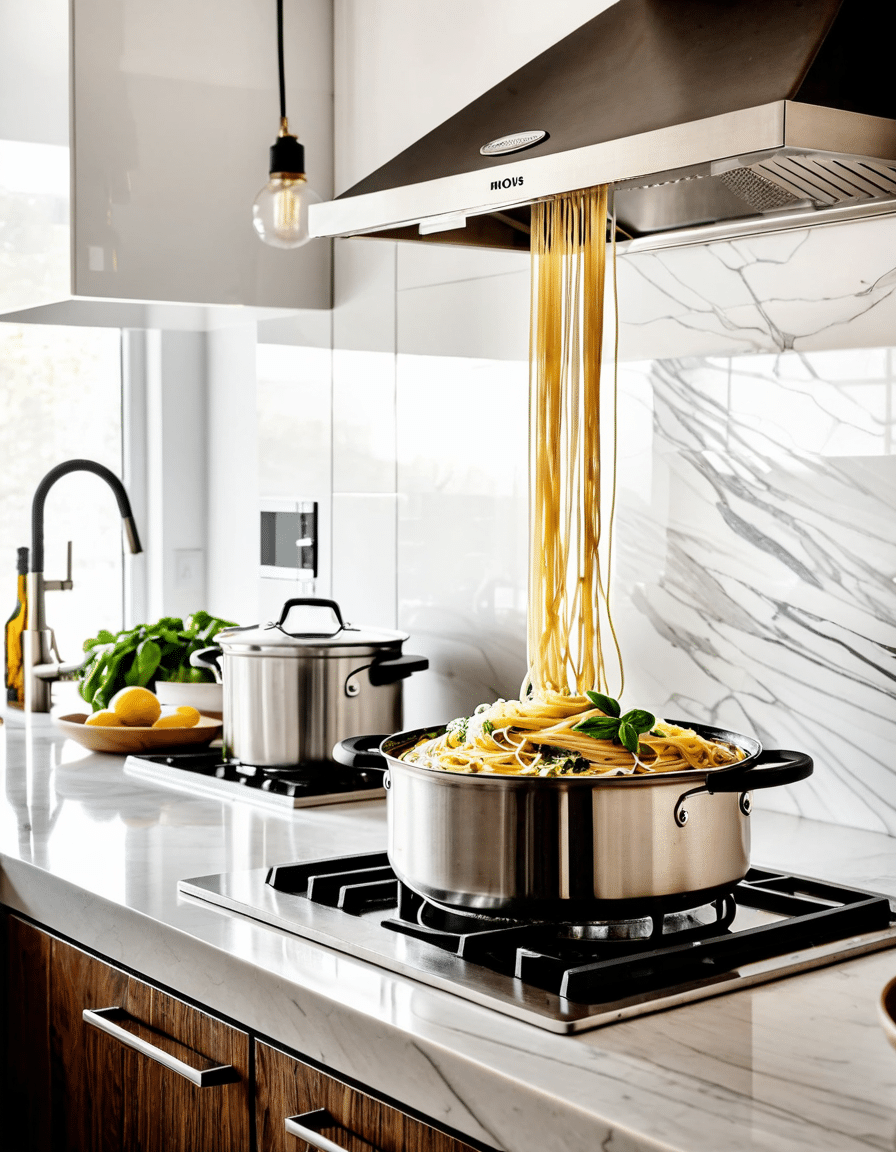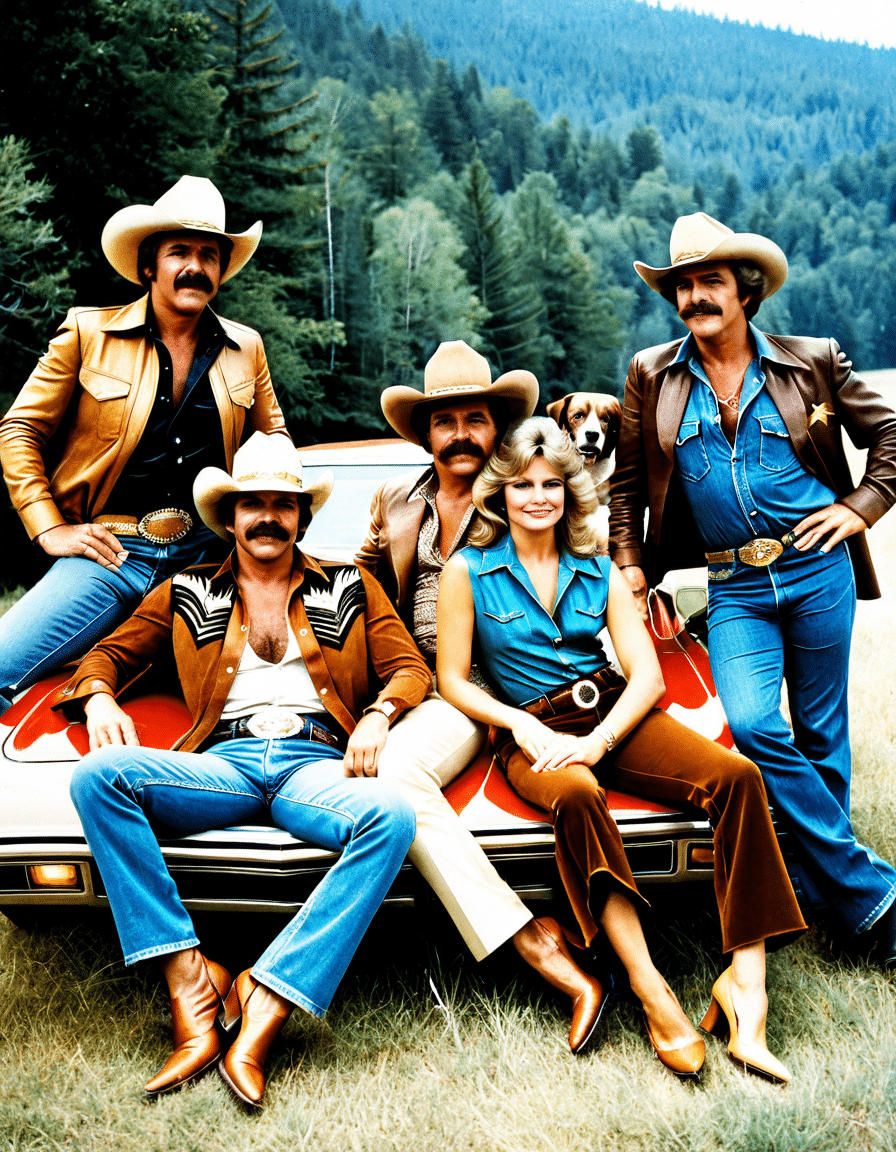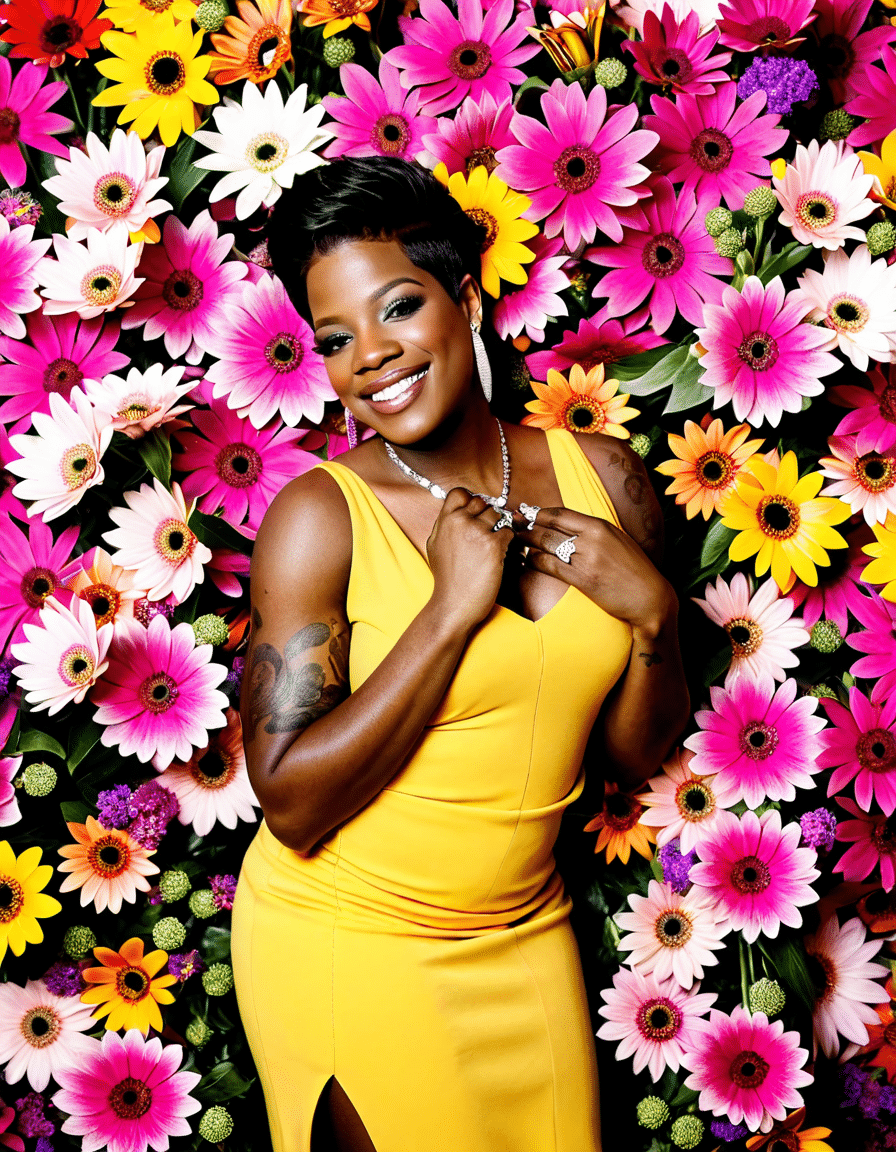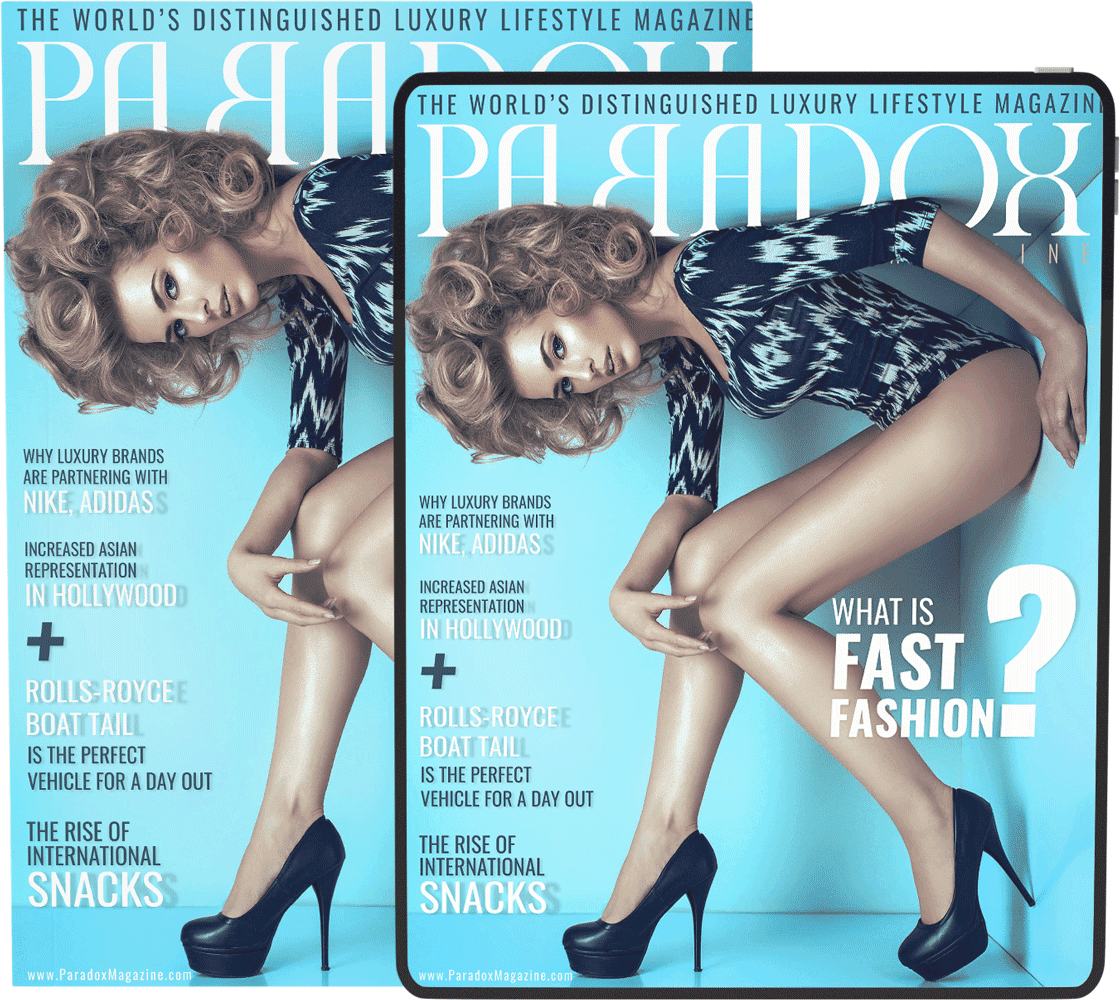As the crescent moon rises, signaling the sacred month of Ramadan, millions around the globe pause to embrace a unique blend of fasting and spiritual awakening. Ramadan, the ninth month of the Islamic calendar, is not just a period of abstaining from food and drink from dawn to sunset; it’s a profound time for reflection, prayer, and community bonding that goes beyond the daily routine. With its historical roots tracing back to the first revelation of the Qur’an to Prophet Muhammad, this month offers a backdrop for countless traditions, rich cultural practices, and, each year, a surge in spiritual consciousness. Whether it’s breaking fast with family at a local restaurant or participating in community service, the warmth of Ramadan can be felt in every corner, from the pulsating streets of Cairo to the tranquil markets of Istanbul.

1. Understanding Ramadan: Historical and Cultural Significance
The significance of Ramadan is deeply woven into the fibers of Islamic tradition, so let’s paint a vivid picture. This holy month commemorates the unveiling of the Qur’an, believed to be guidance for all humanity. In countries like Turkey, local customs come alive during Ramadan. Here, communities gather for nightly prayers, while art exhibitions celebrate Islamic creativity. In Egypt, vibrant lanterns adorn the streets, while in Indonesia, communal feasts known as “buka puasa” invite neighbors to gather in gratitude. Each of these practices adds layers to the understanding and experience of Ramadan, creating a rich tapestry of faith that embraces diversity.
The transformation seen during this month transcends socio-economic boundaries, urging individuals to nurture empathy. As Muslims experience hunger and thirst, they cultivate a deeper understanding of the struggles faced by the less fortunate. It’s a reminder that spirituality is intertwined with humanity, and this sense of connection is a hallmark of Ramadan. So, whether you’re attending your first iftar or sharing a meal with new friends, remember, every celebration during Ramadan aligns with a greater purpose.

2. Top 7 Unique Practices of Ramadan Across the Globe
Let’s dive into some of the spectacular customs that illustrate just how vibrant Ramadan can be:
2.1 Iftar Buffets in Dubai
In the dazzling metropolis of Dubai, iftar buffets are nothing short of breathtaking. Take, for instance, Al Hadheerah, where sumptuous camel dishes meet contemporary creations. It’s a culinary festival of epic proportions, drawing both locals and travelers.
2.2 Lantern Festivals in Egypt
Every year, as the sun sets in Egypt, the streets become an enchanting spectacle. Colorful lanterns, known as Fawanees, sway gently in the evening breeze, injecting electrifying joy into the Ramadan atmosphere. Markets become lined with vendors showcasing beautifully crafted lanterns, turning the night into a vibrant celebration of faith and community.
2.3 Nightly Tarawih Prayers in Saudi Arabia
In Saudi Arabia, mosques transform into communal sanctuaries for Tarawih prayers every night. The Grand Mosque in Mecca is a sea of devotion, with thousands gathering for prayers. This gathering emphasizes unity, strengthening the bonds of faith among participants.
2.4 Sadaqah (Charity) Initiatives in Jordan
Charity is a fundamental part of Ramadan in Jordan. Organizations such as the King Abdullah II Fund for Development run Sadaqah initiatives, providing food and shelter for less privileged families. This spirit of giving reinforces community support and highlights the essence of Ramadan.
2.5 Community Feasts in Indonesia
In Indonesia, the true beauty of Ramadan is seen in buka puasa gatherings. Families and friends unite to celebrate the breaking of fast with an array of regional delicacies. Sharing food fosters gratitude and connectivity among various communities, making each meal a celebration of unity.
2.6 Islamic Art Exhibitions in Turkey
Art takes center stage during Ramadan in Turkey, where exhibitions spotlight traditional calligraphy and contemporary Islamic art, bridging faith and creativity. Venues like the Istanbul Modern Gallery host special events that inspire reflection and appreciation of cultural artistry.
2.7 Ramadan Literary Festivals in Malaysia
In Malaysia, Ramadan-themed literary festivals spark intellectual engagement. These events invite authors to discuss Islamic literature and poetry, creating a thoughtful environment for discussion and reflection. The exchange of ideas enriches spiritual experiences, making Ramadan more than a month of fasting.

3. The Science Behind Fasting: Health Benefits and Spiritual Growth
Fasting during Ramadan isn’t just a spiritual commitment; it boasts numerous health benefits as well. This practice can lead to weight loss, improved metabolic health, and even enhanced cardiovascular function. Studies from esteemed institutions such as Harvard University reveal that fasting can foster mental clarity, heightening concentration and emotional resilience.
Additionally, Ramadan becomes a perfect opportunity for believers to clear their minds and cultivate mindfulness. By eliminating distractions such as social media or overindulgence in meals, practitioners can focus on spiritual growth. The opportunity to engage in prayers and community service allows for meaningful connections between physical well-being and spiritual flourishing.
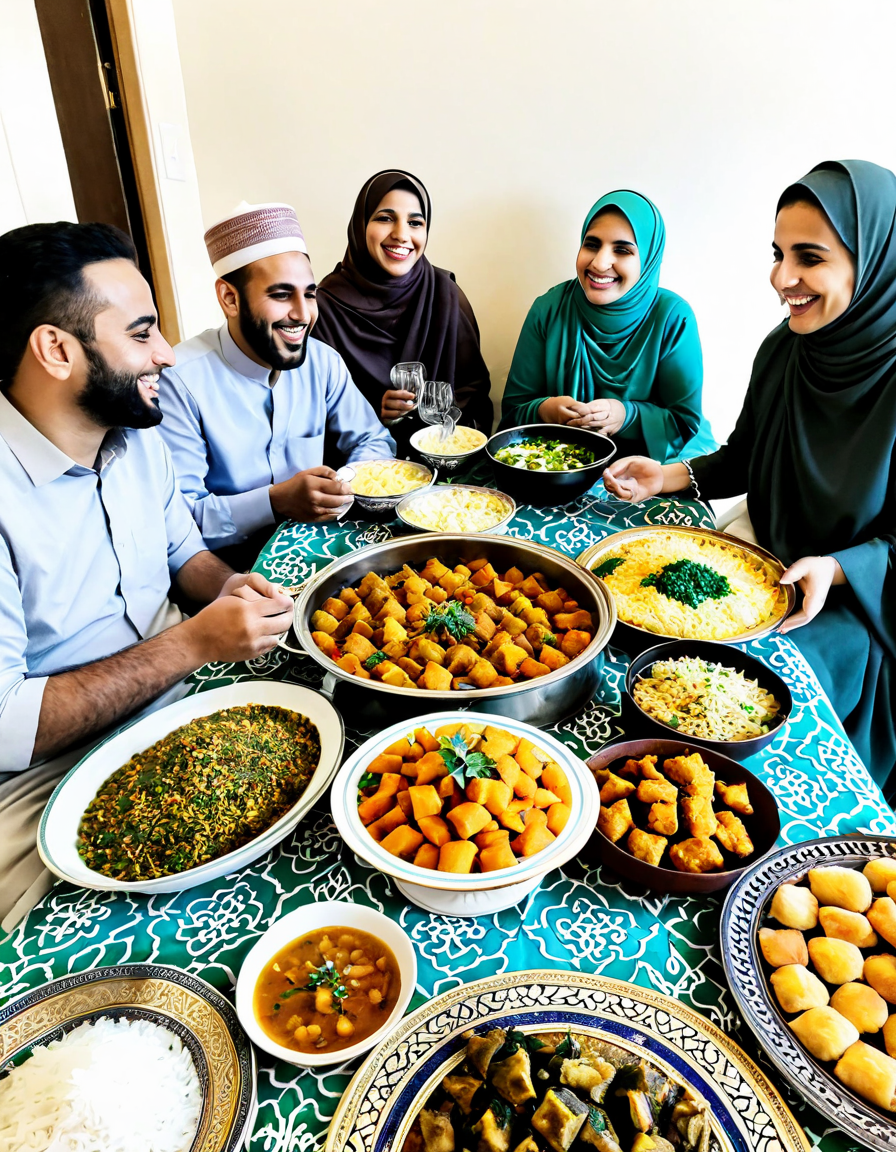
4. Personal Testimonies: Spiritual Awakening Through Ramadan
Real experiences magnify the significance of Ramadan. Malala Yousafzai, celebrated for advocating for education, has spoken candidly about how Ramadan deepened her connection with her faith. Meanwhile, Muhammad Ali often shared how fasting sharpened not just his discipline but also his heart for compassion toward those in need.
Testimonials from everyday individuals—students navigating their studies while observing Ramadan or healthcare professionals balancing their shifts—capture this extraordinary journey. These stories reveal the diverse transformations that occur during this holy month, echoing themes of intention, community cohesion, and personal reflection.
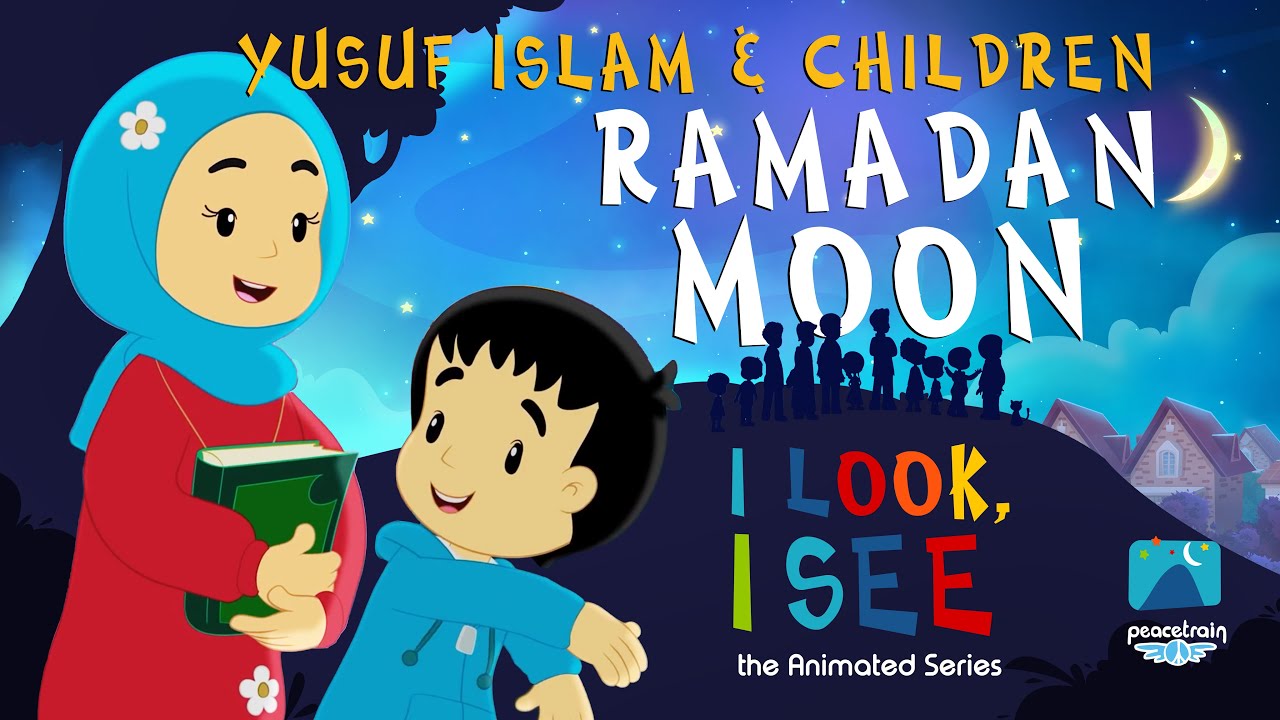
5. Overcoming Challenges During Ramadan: A Journey of Resilience
Despite its beauty, Ramadan isn’t without its hurdles. Maintaining productivity during long fasting hours and managing social gatherings can be tricky. Many professionals, from restauranteurs to tech workers, face overwhelming expectations during this month. Strategies such as meal prepping and integrating short breaks during the day can ease the burden of fasting while ensuring productivity remains intact.
Expert advice from dietitians emphasizes the importance of a balanced approach to nutritional intake during suhoor and iftar. Prioritizing hydration and choosing nutrient-dense foods can make a significant difference. Addressing common challenges enables participants to transform potential struggles into personal triumphs.
6. The Future of Ramadan: Adaptations and Innovations
Looking ahead, Ramadan is not stagnant; it thrives with innovation. The rise of social media campaigns, like #RamadanChallenge, leverages platforms such as Instagram and TikTok to share experiences, recipes, and community engagements worldwide. Virtual iftars blossomed during the pandemic, allowing families to connect regardless of distance, ensuring that the essence of community remains vibrant.
As we embrace the digital age, Ramadan continues to adapt, showcasing a blend of traditions and new-age approaches that resonate with a wider, more diverse audience. This merging of past and present preserves the significance while inviting fresh perspectives to the table.
7. Embracing the Journey: More Than Just a Month of Fasting
As the month of Ramadan unfolds, it offers a chance for genuine transformation. The compassion cultivated during this sacred time doesn’t simply vanish after Eid-ul-Fitr. Individuals are encouraged to carry the lessons learned—be it empathy for the less fortunate or a commitment to community service—into everyday life.
This month becomes a training ground for a lifetime of mindful existence. By embracing the self-discipline of Ramadan, individuals can foster deeper connections with their faith and communities, paving the way for positive change. In a world that often seems fragmented, the spirit of Ramadan calls for unity, empathy, and understanding—qualities that are invaluable beyond just one month of the year.
In conclusion, whether you’re diving into the culinary wonders of Zach Galifianakis Movies or engaging with the intricacies of spirituality through art, Ramadan serves as a gentle reminder to remain grounded in faith while reaching for a brighter, more compassionate future. So, as you celebrate this beautiful month, remember to cherish the unique journey that unfolds.
Ramadan: A Journey of Fasting and Spiritual Awakening
The Essence of Ramadan
Did you know that Ramadan isn’t just about fasting during daylight hours? It’s a time for self-reflection, prayer, and deepening one’s faith. Historically, Ramadan began in the 7th century when the Quran was first revealed to the Prophet Muhammad. Today, around 1.6 billion Muslims observe this holy month, breaking fast with a meal called iftar, which typically includes dates and water. Speaking of dates, they remind us of their nutritional value—much like the art of music that connects cultures; interestingly, Noel Gallagher has often mentioned how meals shared during Ramadan have an undeniable charm, fostering community ties.
Fun Facts About Observation
You might be surprised to learn that while fasting is a personal endeavor, the sense of community is a cornerstone of Ramadan. Many families gather for iftar, and in some cases, the evening is celebrated with grand feasts. In fact, even celebrities feel the spirit. For instance, figures like Naomi Ross express gratitude during this month for the joy of shared meals. And while Ramadan is mostly about spiritual growth, for some, such as the Unitedhealthcare CEO, it can serve as a reminder about health and wellness as well.
Cultural and Spiritual Significance
The spiritual significance of Ramadan transcends ordinary fasting; it’s a time for heightened devotion and charity, reflecting the importance of helping those in need. During this time, many Muslims also welcome forgiveness and peace, making amends with others. Interestingly, the famed show “Wheel of Fortune” often references journeys and choices, much like the introspective journey one experiences during Ramadan. Plus, as we reflect on the importance of family gatherings during iftar, one can’t help but think about the animated series “Helluva Boss,” where characters like Octavia remind us of the importance of connection and family, reflecting the spirit we celebrate during Ramadan.
So, as the sun sets and you break your fast, remember that this month is about so much more than food; it’s about spiritual enrichment and community bonding, making every moment a precious part of your Ramadan journey.
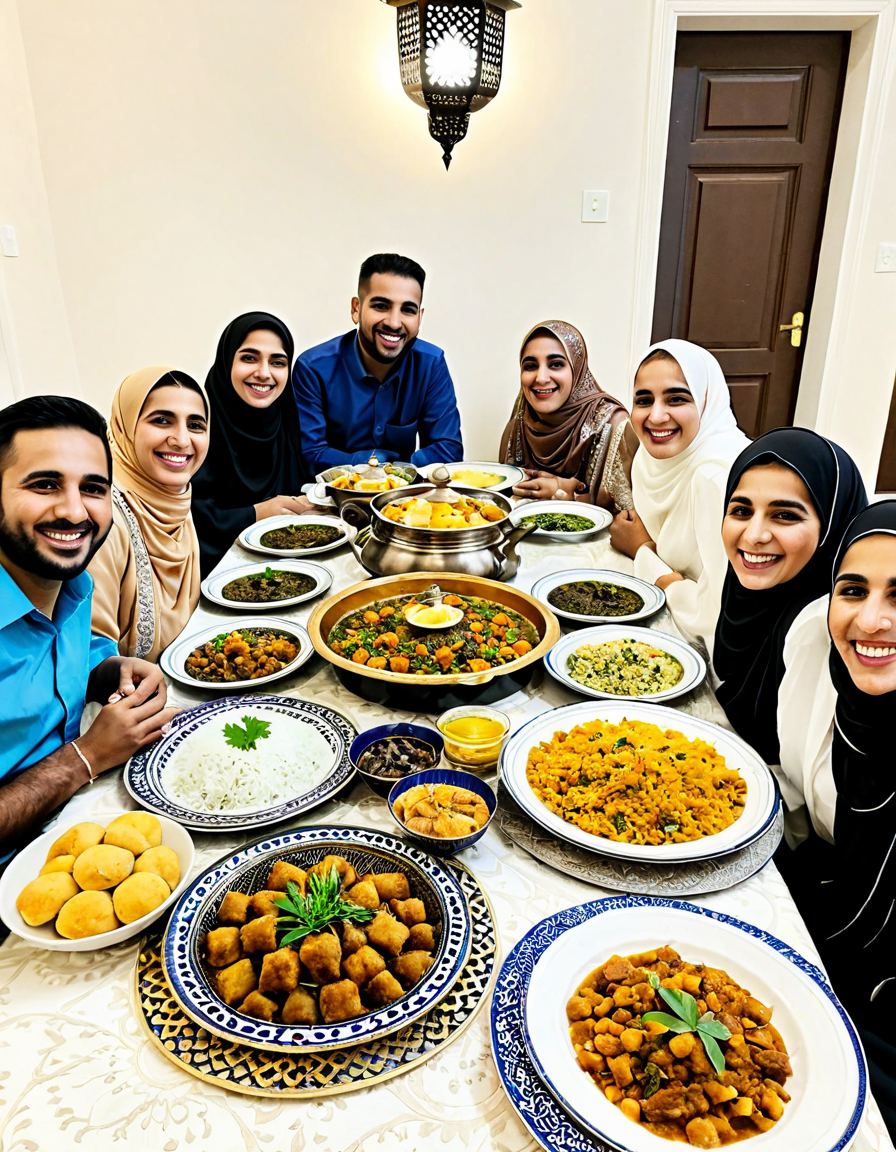

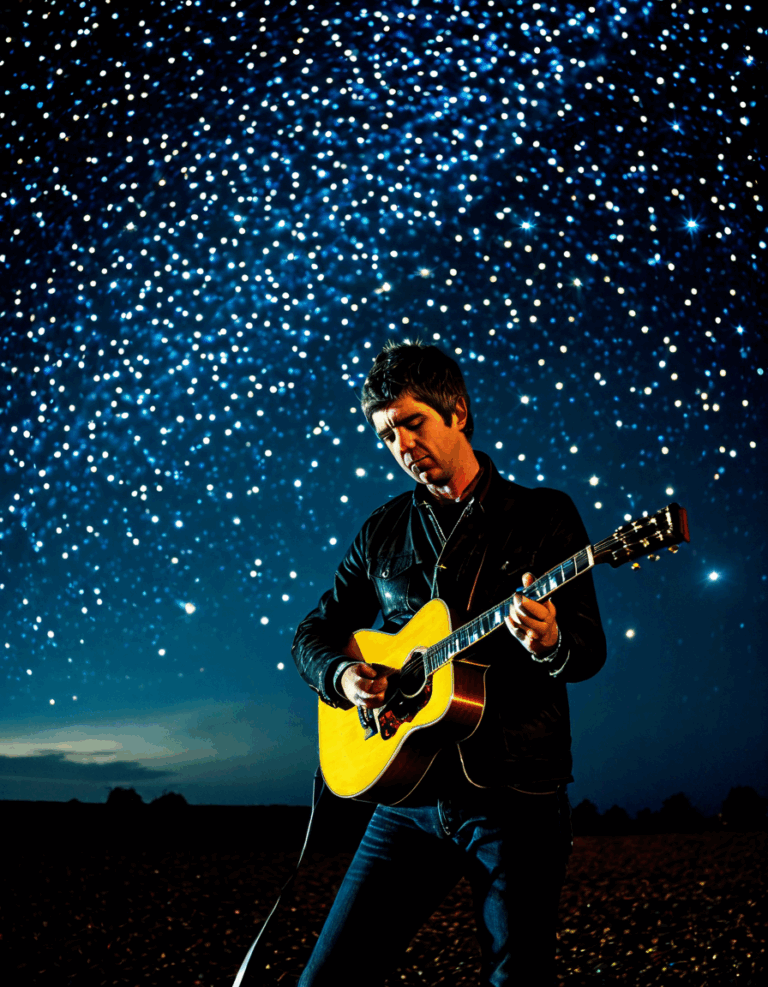



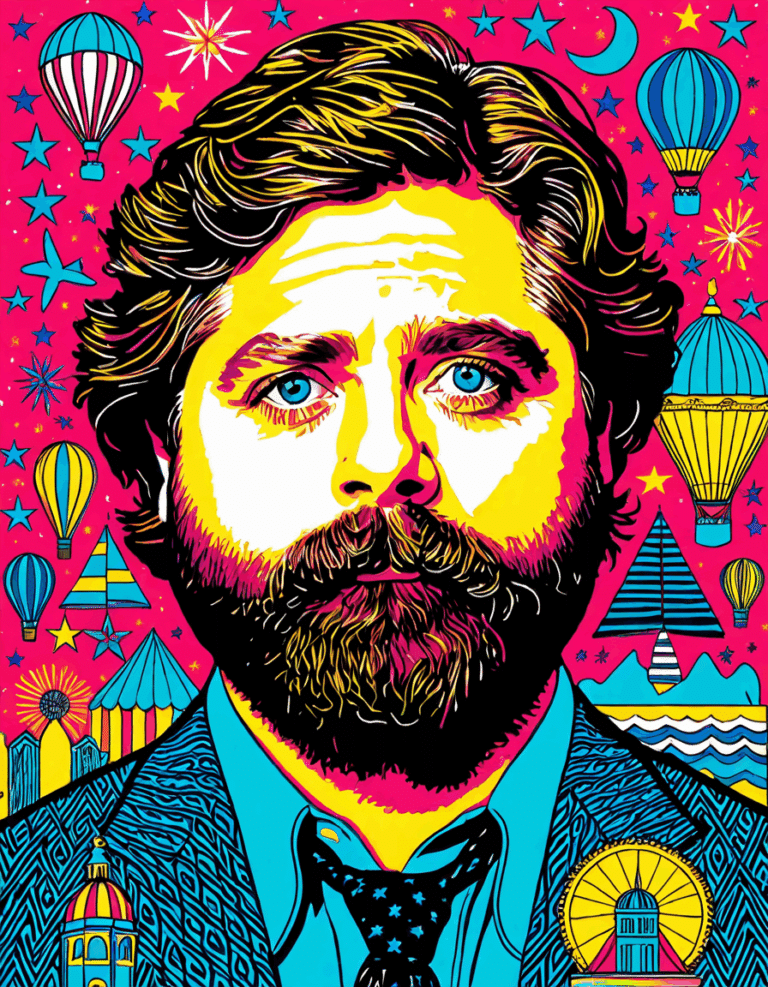
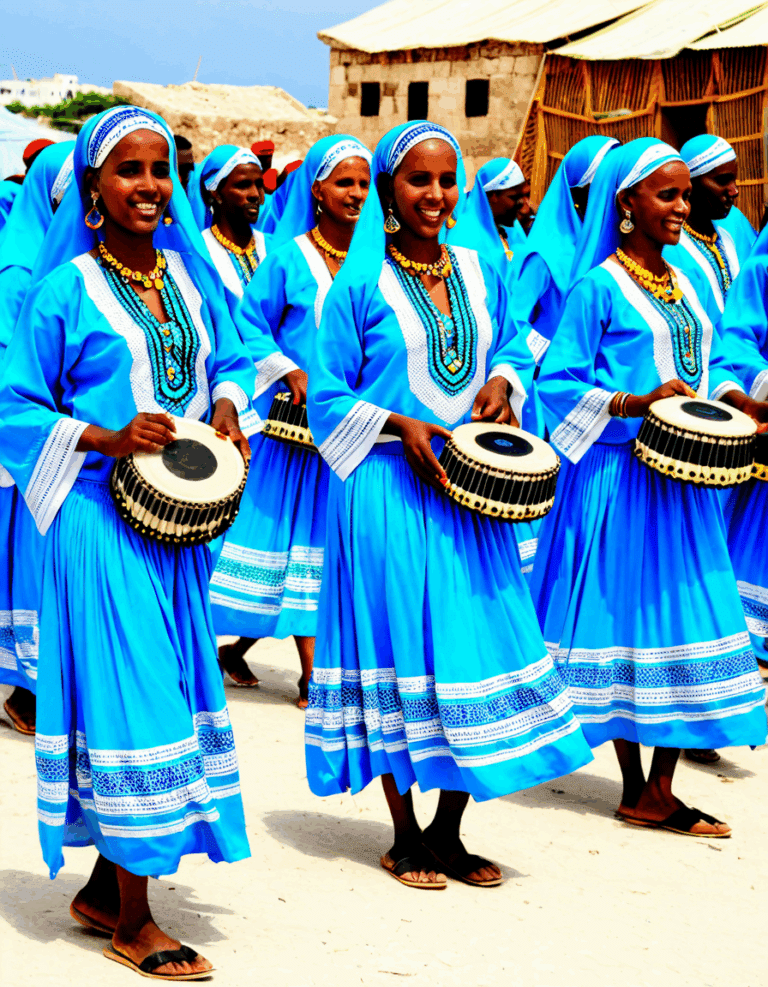

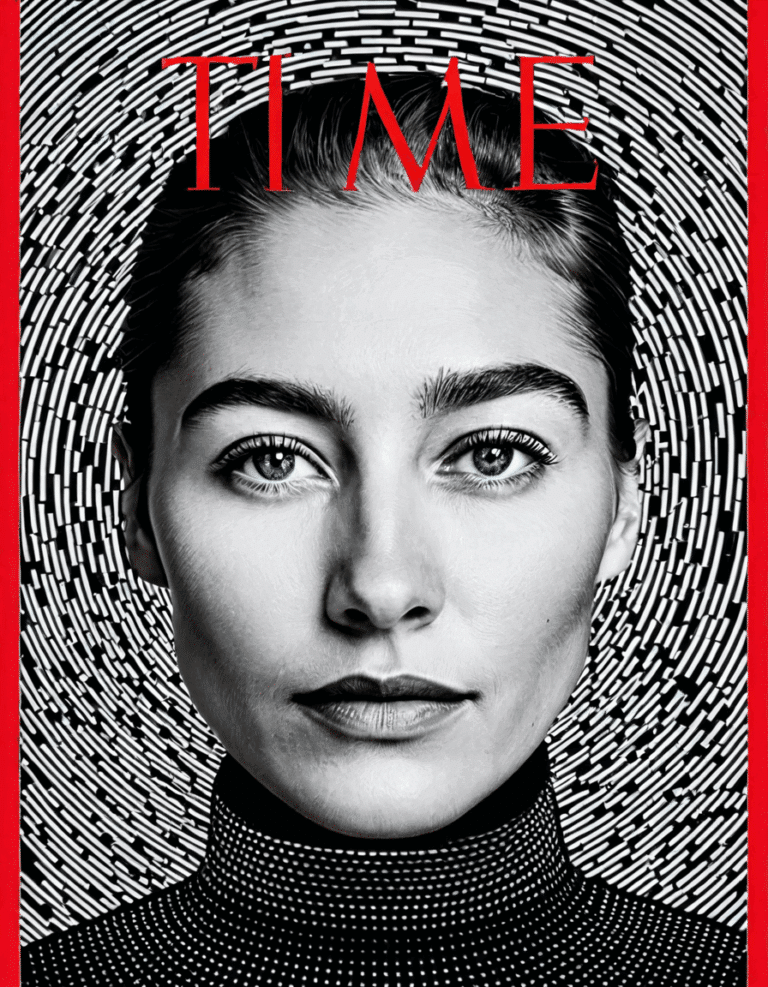

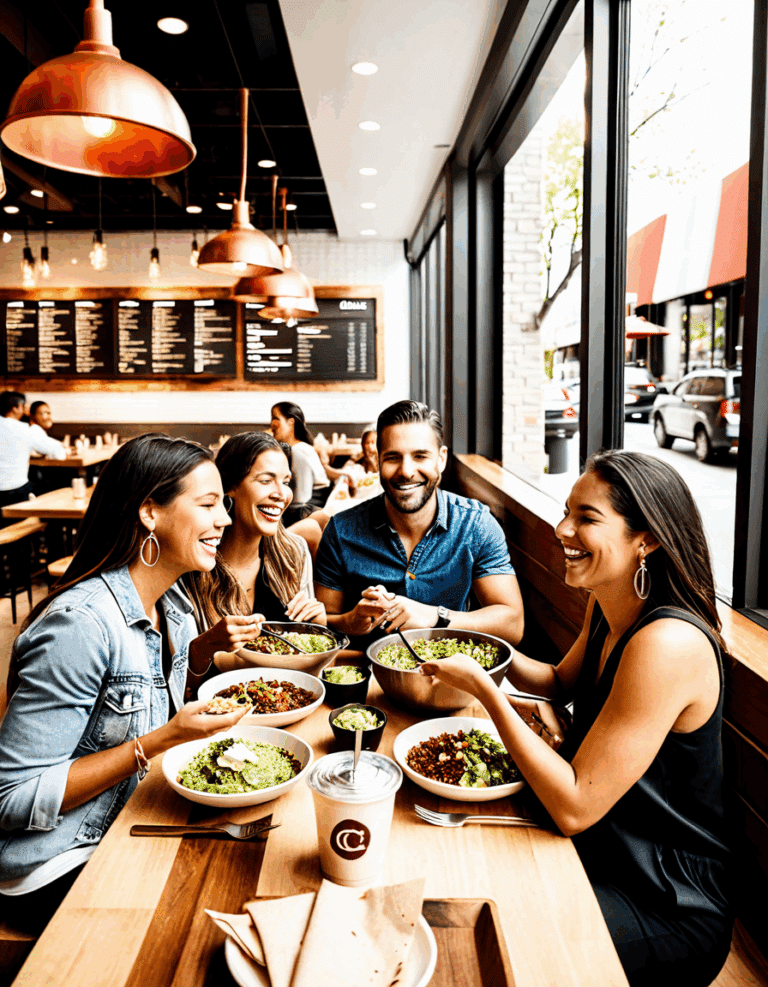

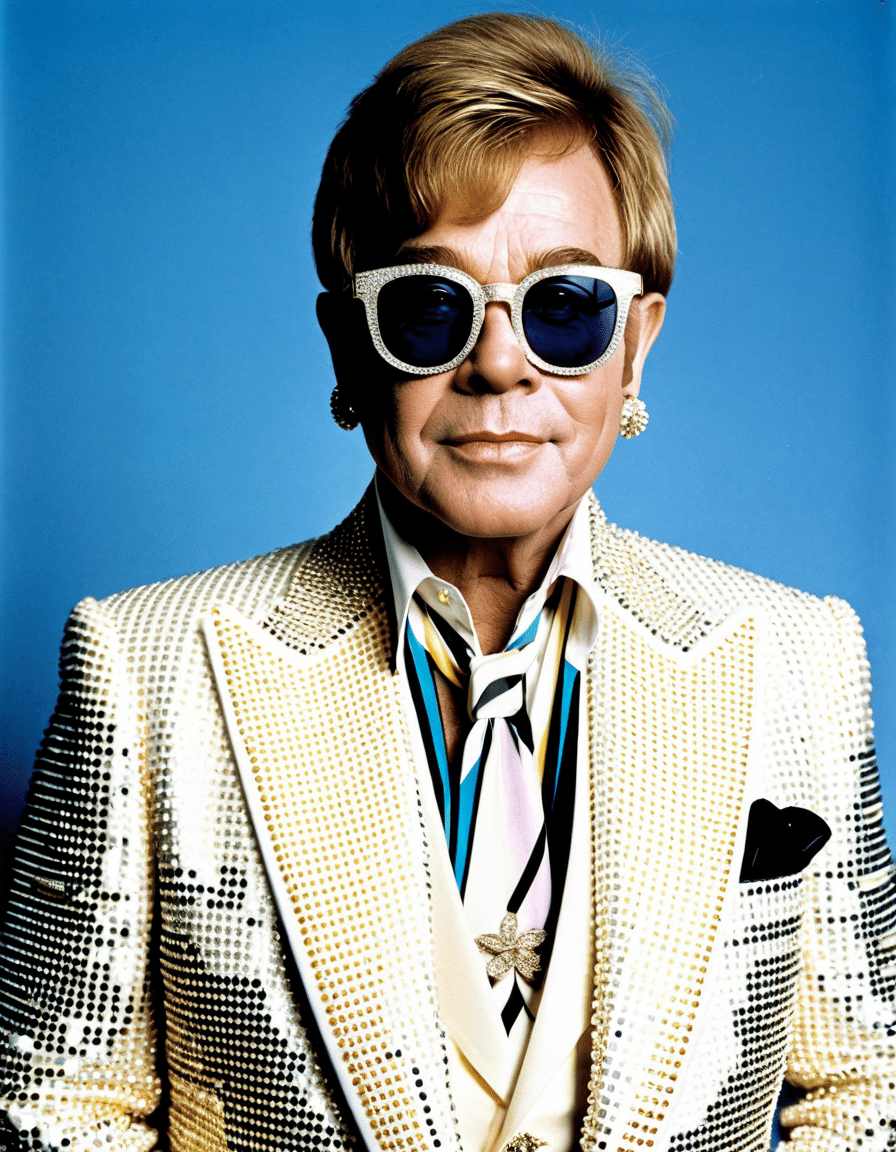
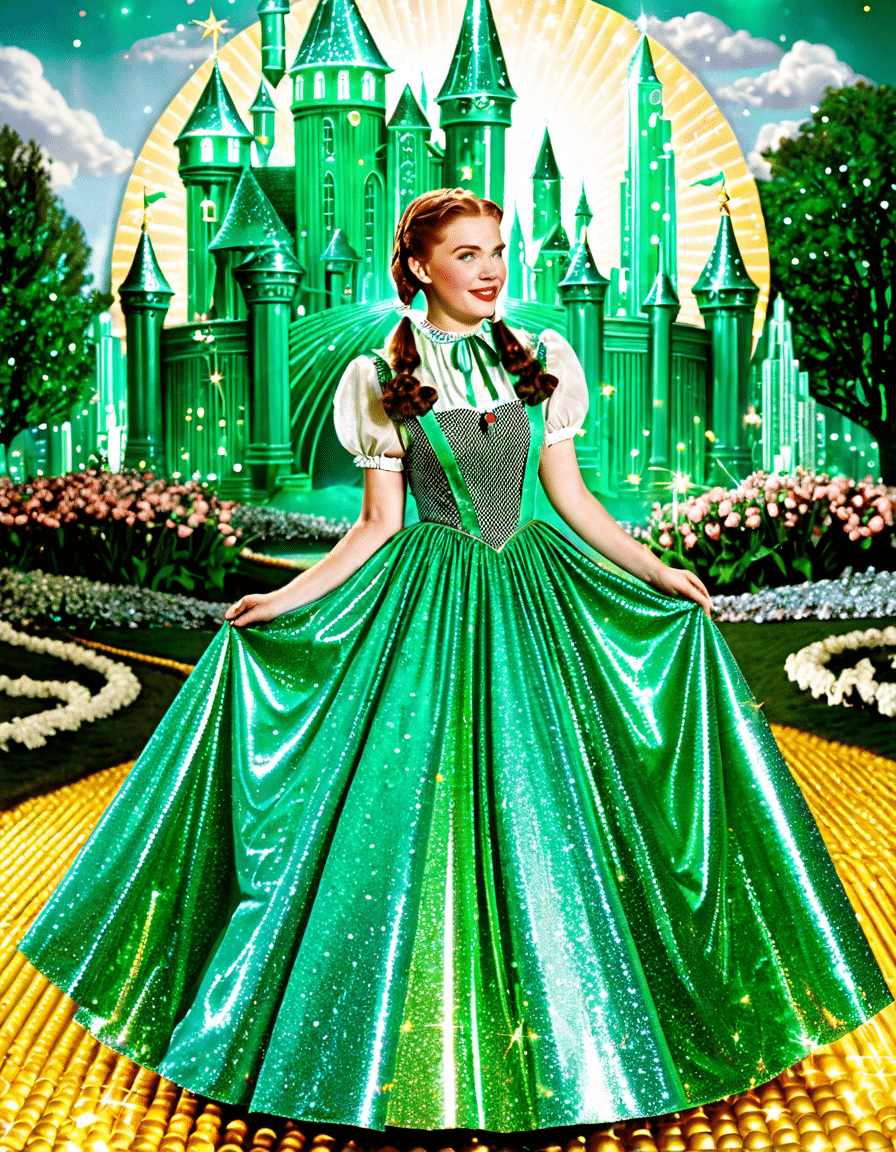
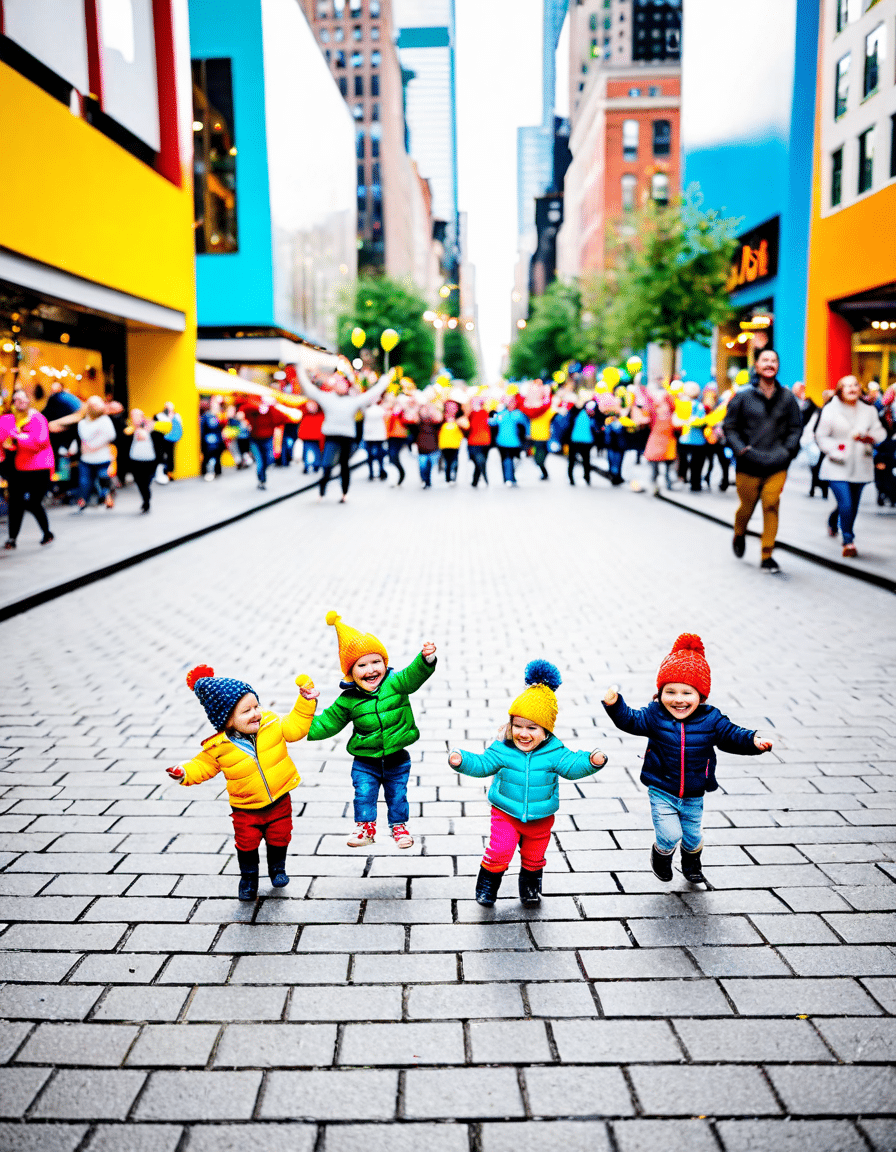
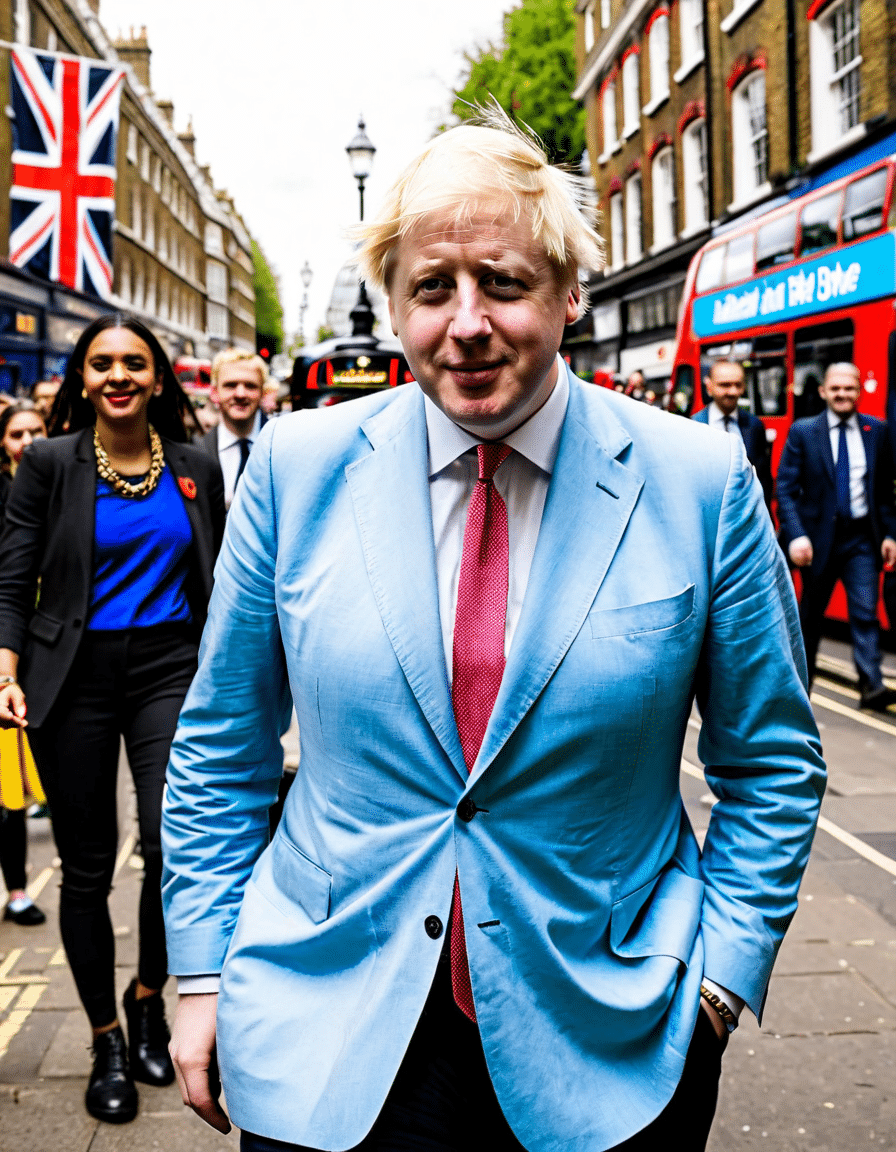

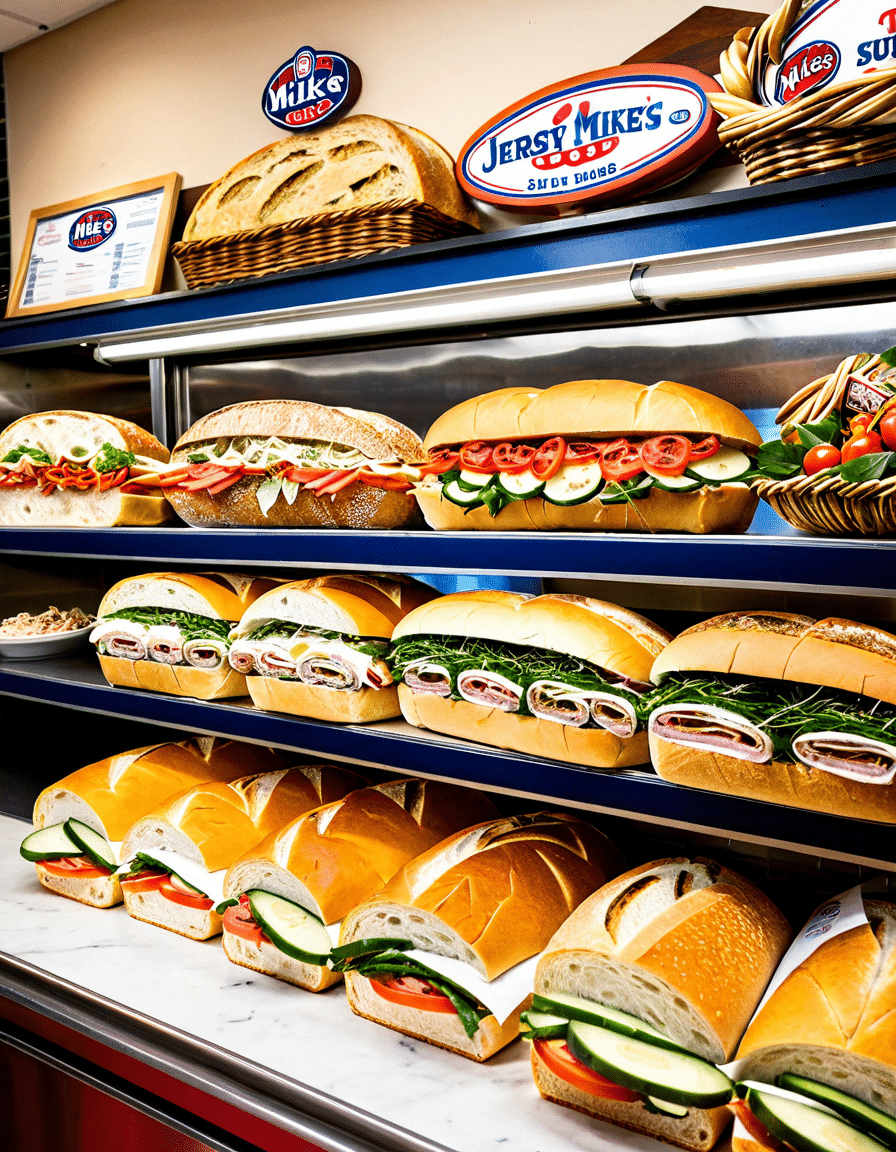

![Gilmore Girls The Complete Series And A Year In The Life [DVD] []](https://www.paradox-magazine.com/wp-content/uploads/2024/01/Gilmore-Girls-The-Complete-Series-And-A-Year-In-The-Life-DVD-.jpg)


